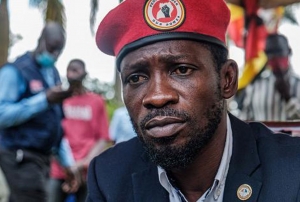In 2014, my colleagues and I wrote a paper, “The Economic Aspects of Child and Human Sacrifice.”. Whenever the word ‘child sacrifice’ was mentioned, the quickest things that run through one’s mind were rituals, body mutilation, killing, murder, and witchcraft, among other things often associated with sacrificial rituals. These were usually believed to have economic benefits such as wealth and prosperity, fueled by poverty and trickery by traditional healers.
Today, citizens are being killed, some with no specific economic gains attached. In the 2020 Uganda Police Report of April 19, 2021, 4,460 people were killed in 12 months, translating into at least 12 murders daily, through assault, poisoning, shooting or mob action. According to Grace Akullo (Daily Monitor May 27, 2019), the reason behind such murders include land wrangles, business rivalry, delayed justice and family disputes, while jealousy, greed, poverty, anger and, poor security are suspected to perpetuate the murders (Daily Monitor Wednesday September 4, 2019, p.16).
These murders of innocent citizens in Uganda raise some questions. In what ways did the education of the offenders nurture them to take the lives of innocent civilians who are not engaged in war or combat? How did the teaching received at home and school shape such prejudiced and inhuman acts towards their humanity? To what extent has the education of people prepared them to be good citizens - socially responsible people, respecting the rights of all individuals and promoting a safe, just and peaceful society for all people to live. The answer is somehow clear: homes, schools and colleges in Uganda and probably around the world may not be adequately preparing their students and other citizens to understand the nature of shared humanity - planetary citizenship.
Credit: Daily Monitor

